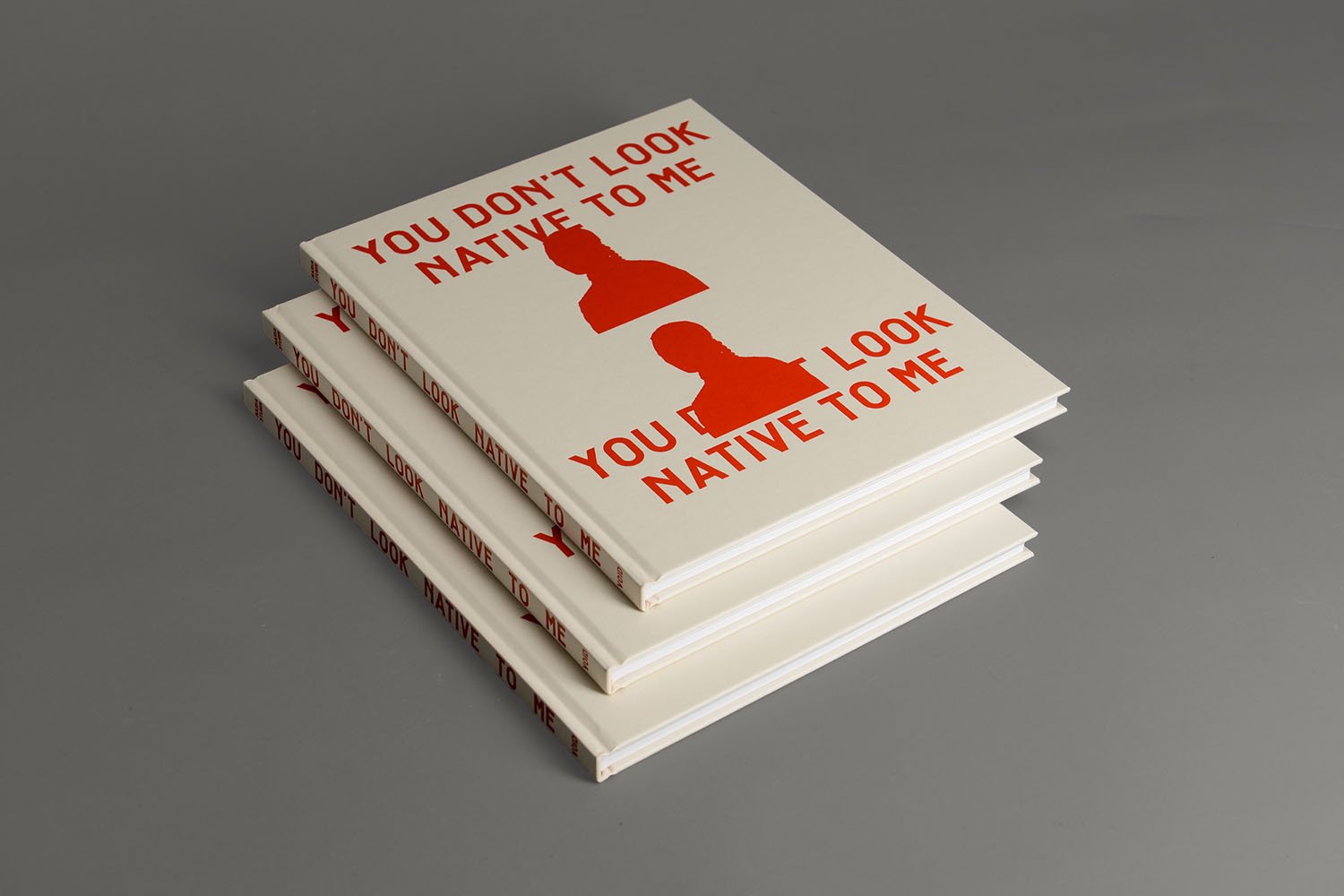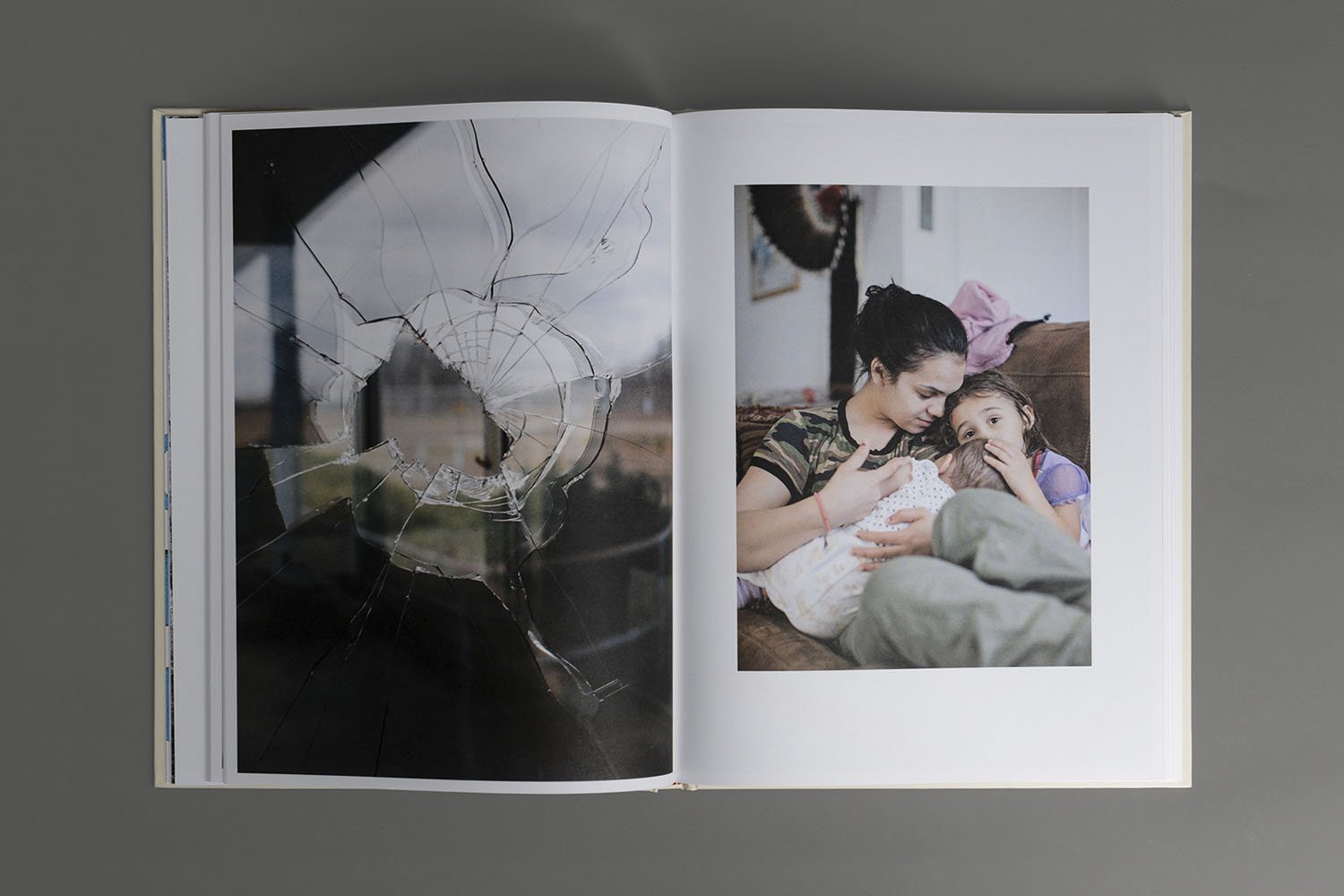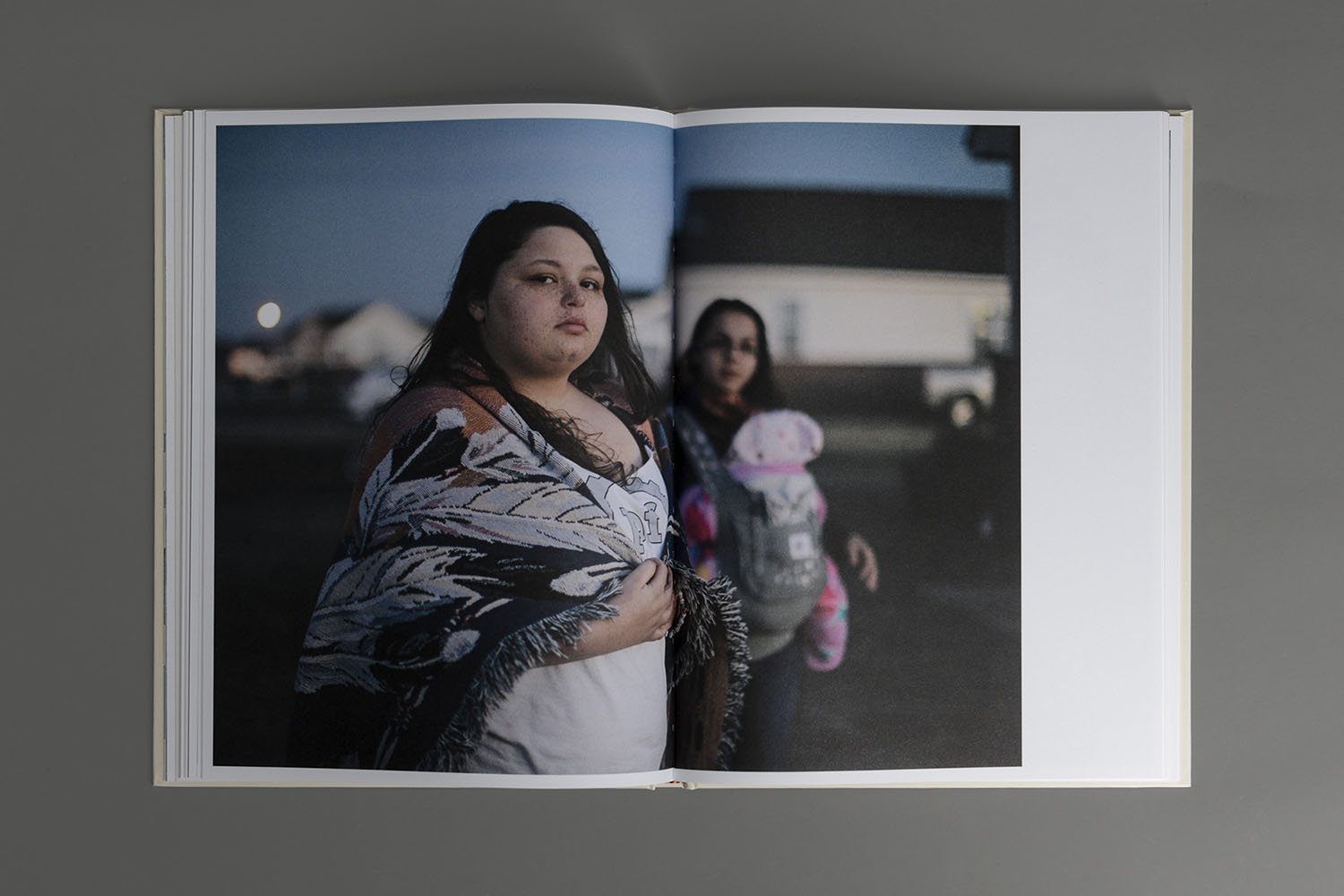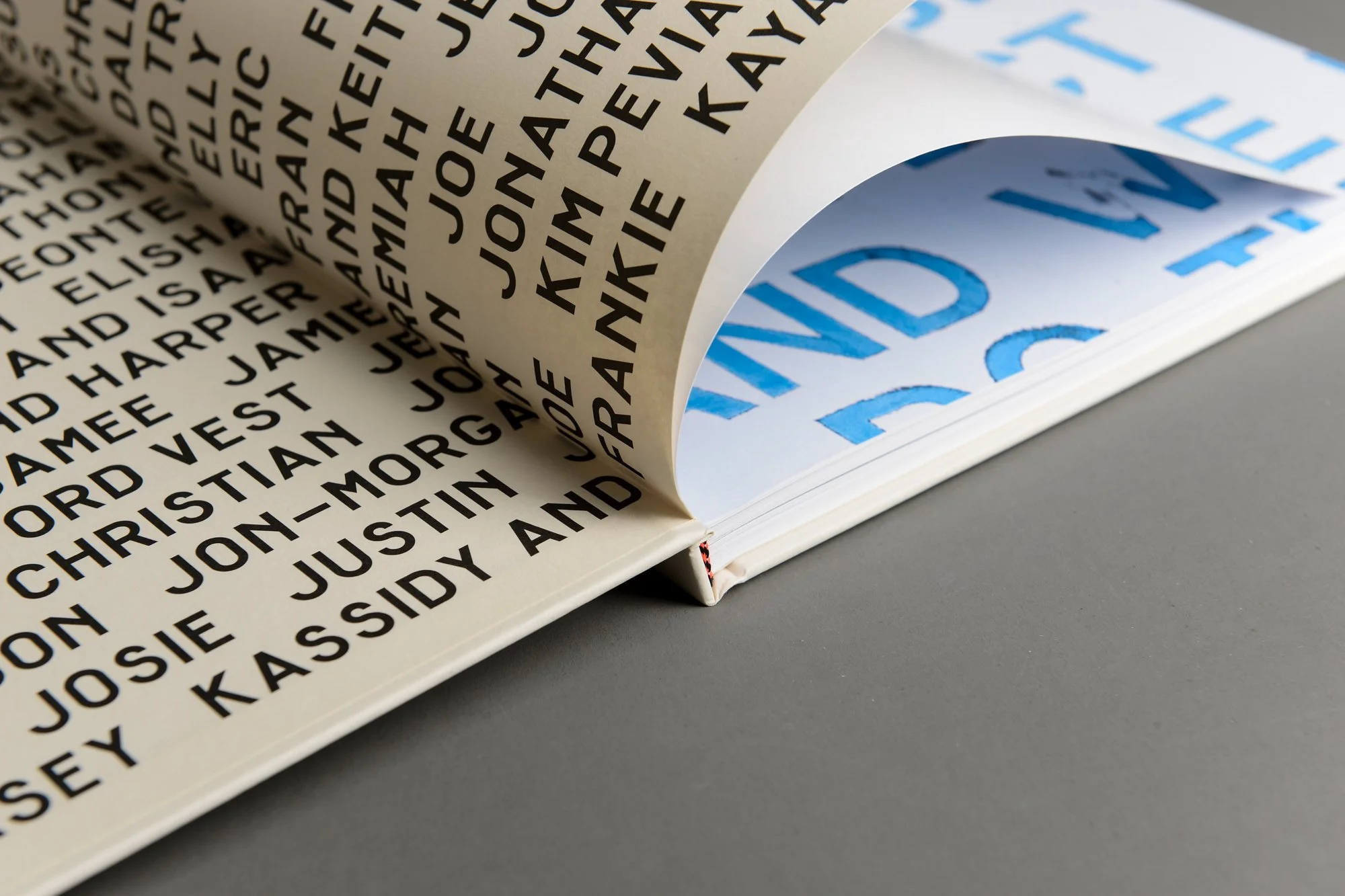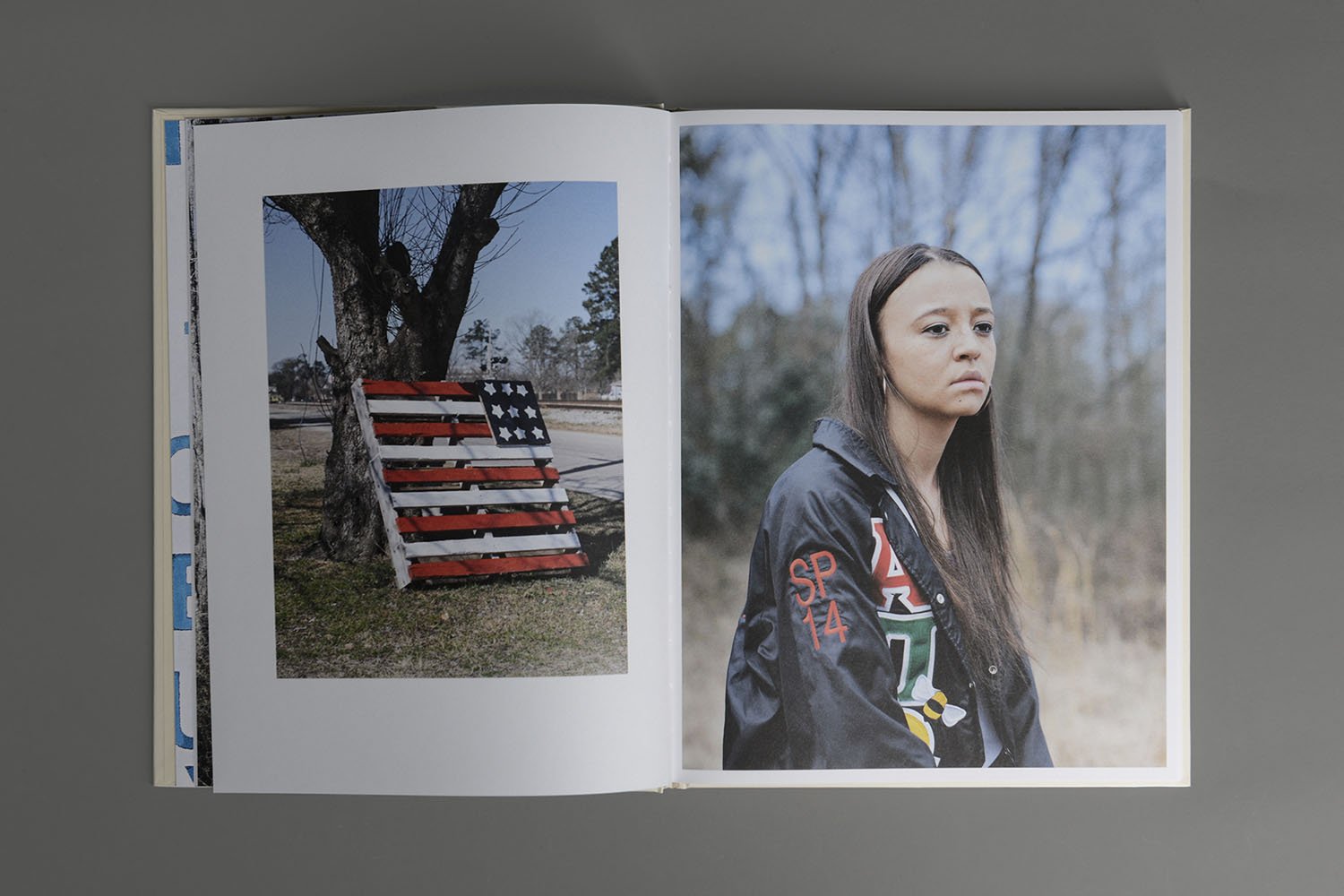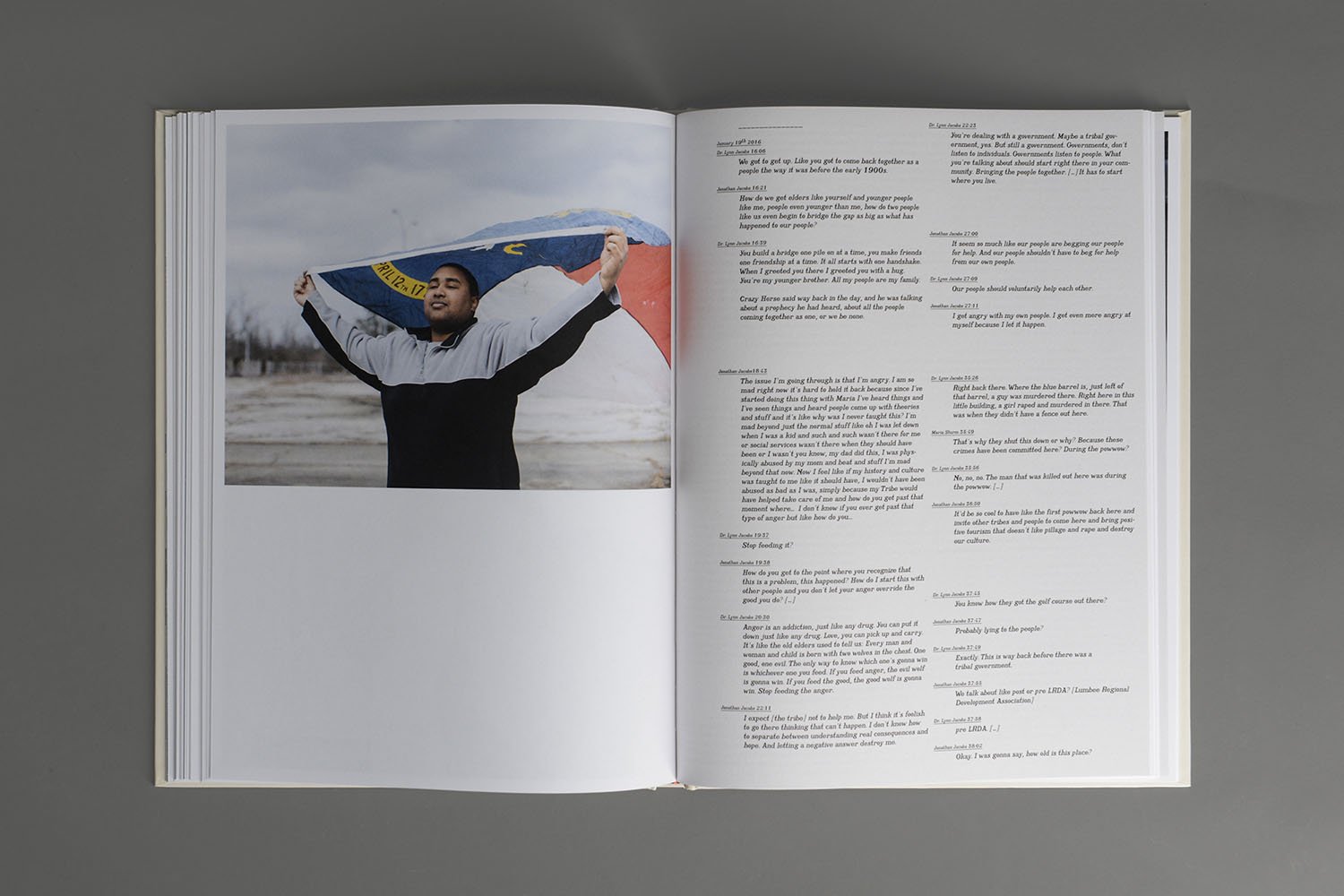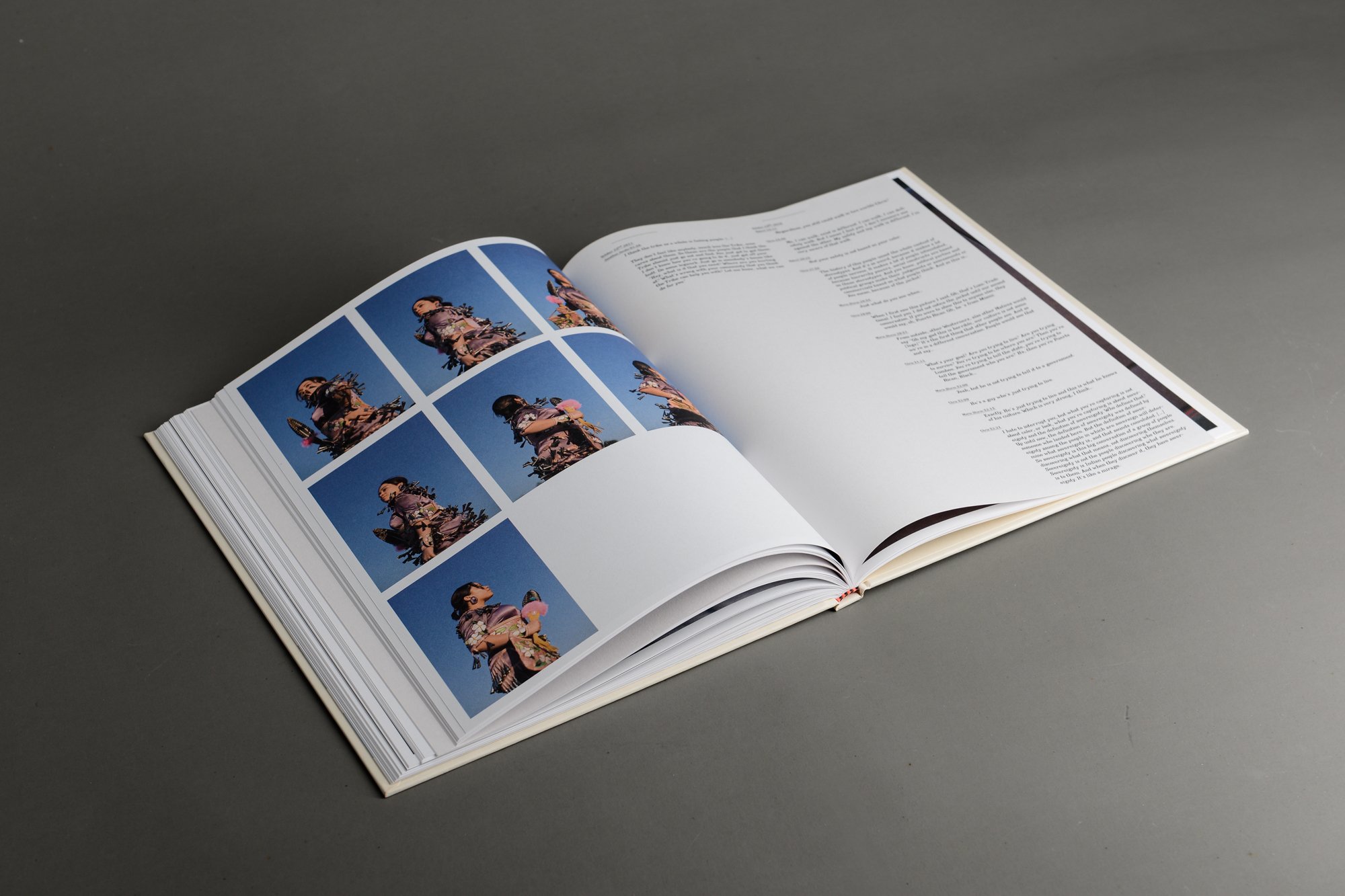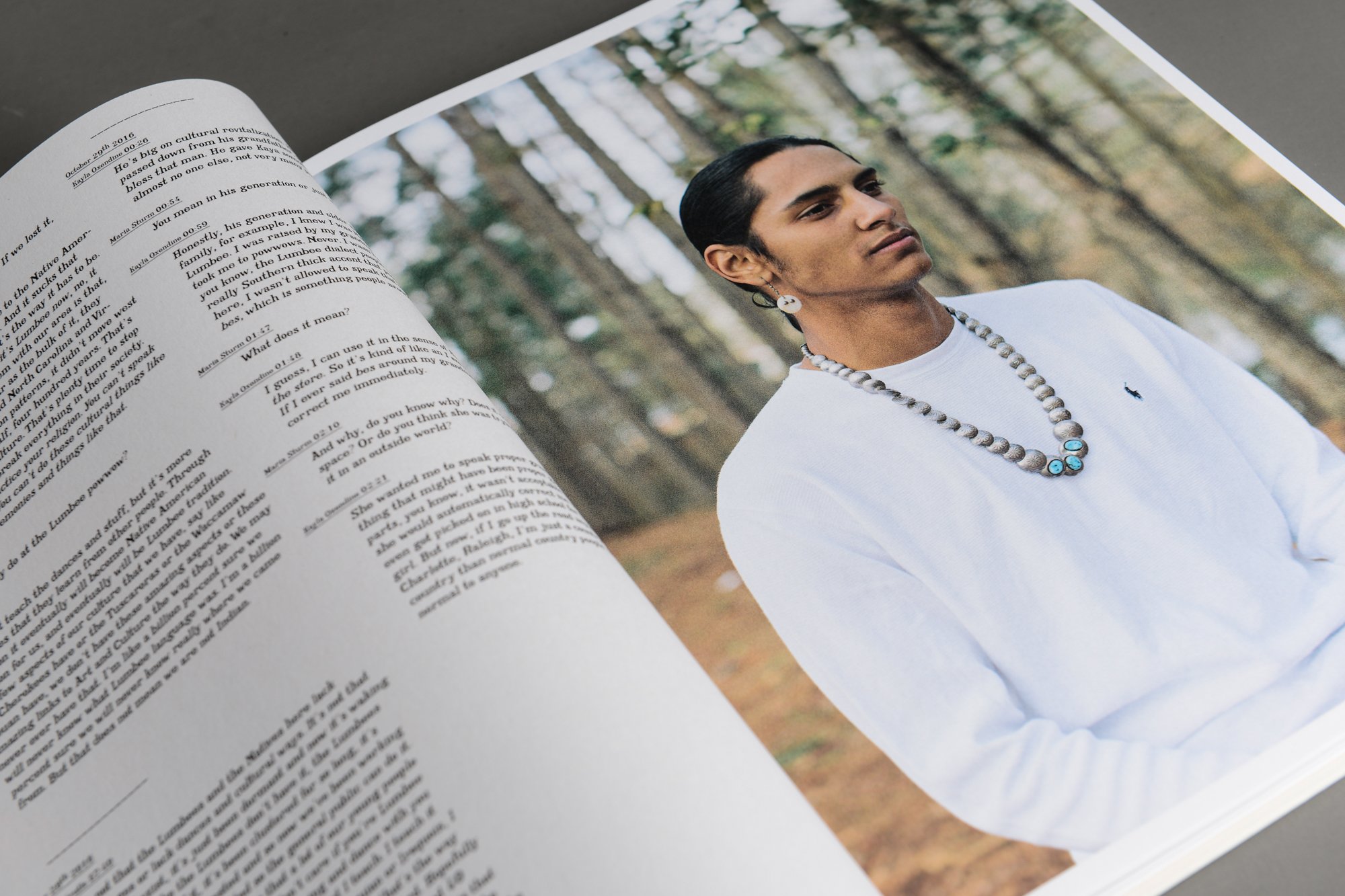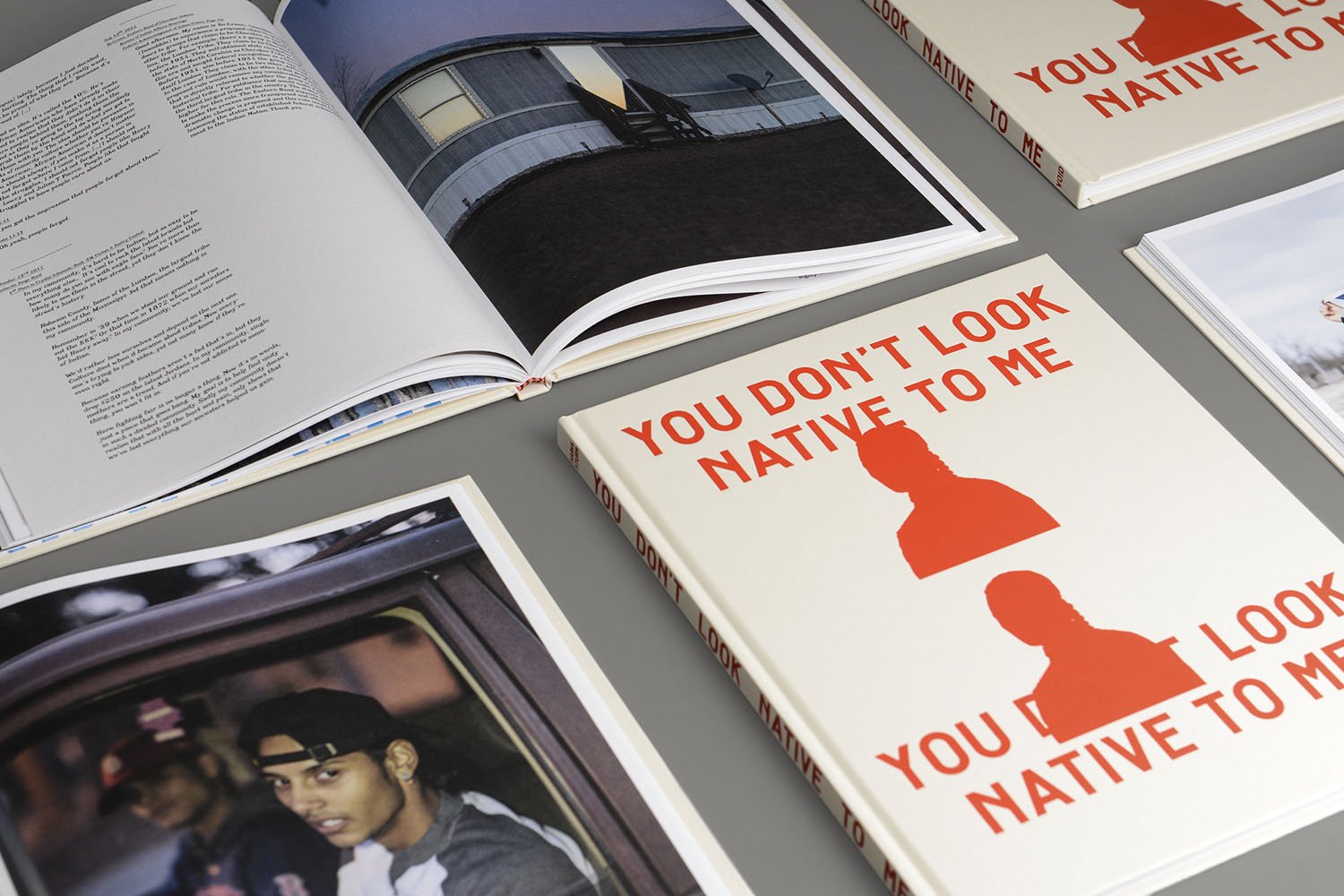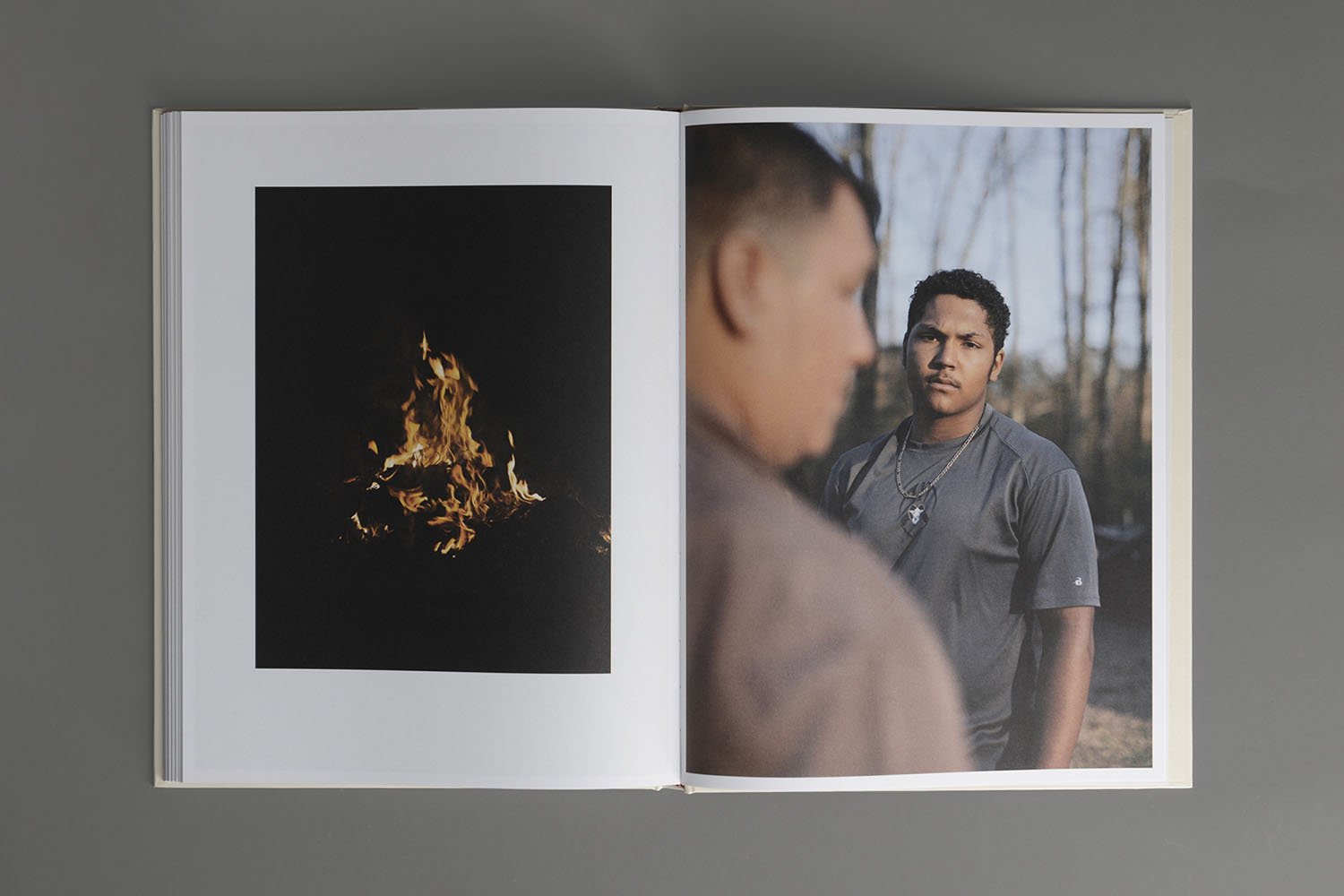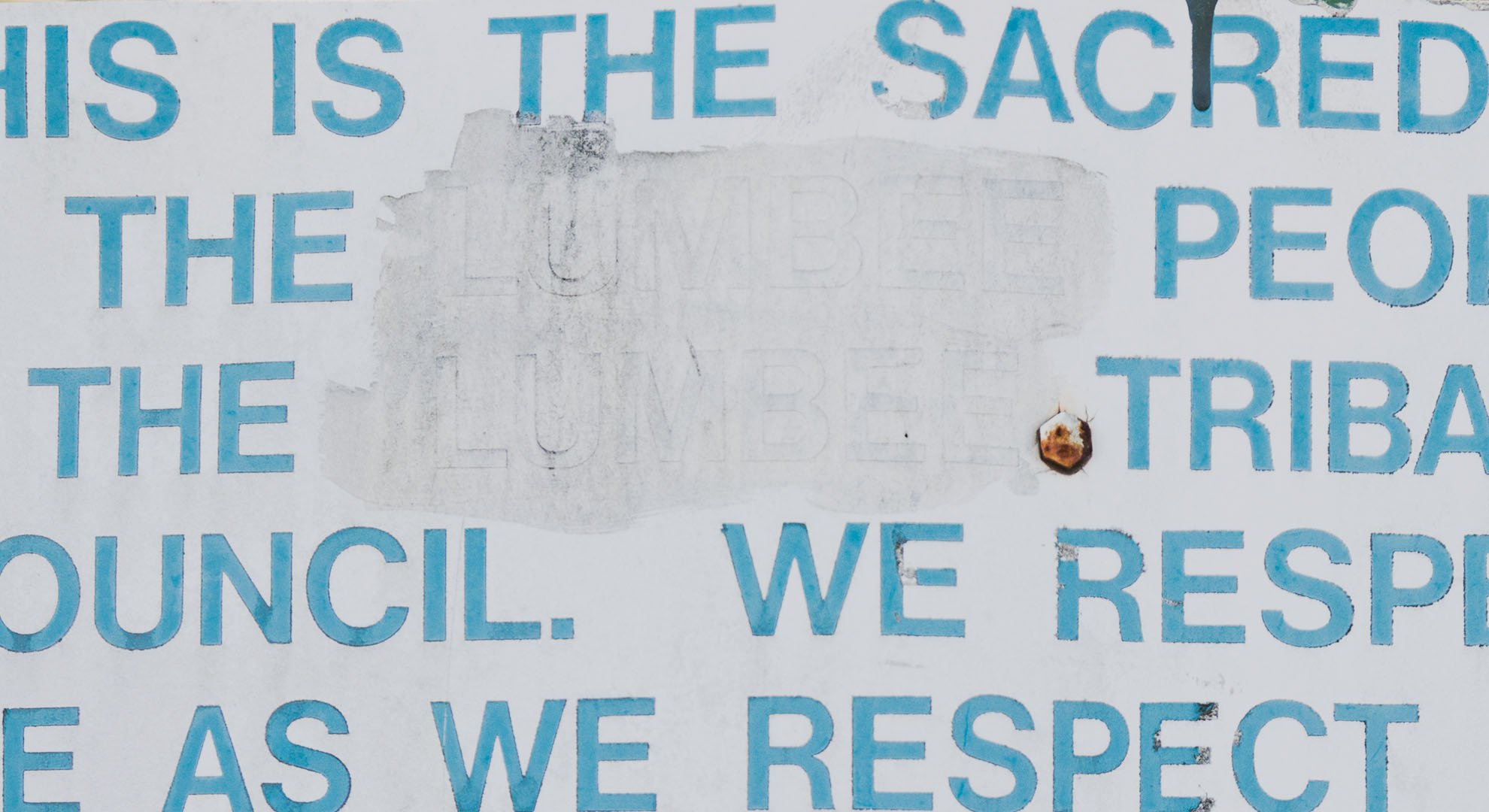
Maria Sturm
‘You Don't Look Native to Me’
by Maria Sturm, published by Void.
Sold out from the publisher
“The paradox of otherness is at the core of Maria Sturm’s ‘You Don’t Look Native to Me’. Her subjects belong to the Lumbee Tribe of North Carolina, the largest tribe in the region with around 55,000 members, with their name taken from the Lumber River of Robeson County. Starting in 2011, Sturm spent time photographing their daily lives. It opened up questions about visibility, identity and stereotype in the US, where Native Americans are romanticised yet often dismissed. Many tribes remain officially unrecognised, though the sense of identity within the communities is very strong.”
Charlotte Jansen — British Journal of Photography
You Don't Look Native to Me
In 2011, Maria Sturm began to photograph the lives of young people from the Lumbee Tribe around Pembroke, Robeson County, North Carolina. Through the process of documenting their lives, Sturm began to question her own understanding of what it means to be Native American. Her new book ‘You Don’t Look Native to Me’ combines photographs with interviews and texts to preconceptions and show Native identity not as fixed, but evolving and redefining itself with each generation.
Pembroke is the tribal seat of the Lumbee Tribe of North Carolina, the largest state-recognised tribe east of the Mississippi River. Although the Lumbee Tribe is state-recognised, they are federally unrecognised and do not have a reservation nor receive financial benefits from the federal government. The Lumbee name was voted for in 1952 to unite all tribes in the area in an attempt to gain federal recognition. Their tribal status remains one of the most debated in the United States.
“My work engages an unfamiliar mix of concepts: a tribe whose members are ignored by the outside world, who do not wear their otherness on their physique, but who are firm in their identity… I am tracing their ways of self-representation, transformed through history, questions of identity with which they are confronted on a daily basis, and their reawakening pride in being Native. I hope to raise questions to the viewer regarding their own identity and membership to the unspecified mainstream.”
Maria Sturm
Sturm’s photographs, at first glance, appear to depict the daily life of an archetypal American community. On closer inspection elements of hybridity between heritage and contemporary life are revealed—a street named ‘Dreamcatcher Drive’, a ‘Native Pride’ baseball cap with feathers, Halloween fangs on a Tuscarora child in regalia—in the town where nearly 90% of the population identify as Native. The protagonists of Sturm’s photographs present themselves as individuals with their own unique identities and shared culture. The presence of Native symbolism—on street signs, pictures on walls, on cars, on shirts and as tattoos—shows how a stereotypical image is often presented back to them. The book’s title ‘You Don’t Look Native to Me’ is borrowed from a quote familiar to many residents of Robeson County and encapsulates the discrepancy between their identity and preconceptions of others.
*On the usage of the term Native American.
In the past few years I’ve noticed a growing shift in using the term Indigenous for self-identification in comparison to Native American. One of the protagonists has expressed a preference for pre-Colonial America Native rather than American, which I respect. For the purposes of this press release and project, after research and consultation, I decided to use the term Native American as it seems to still be the most widely used and accepted in official texts and publications. However, I felt it important to acknowledge the debate and that this term is imperfect.’

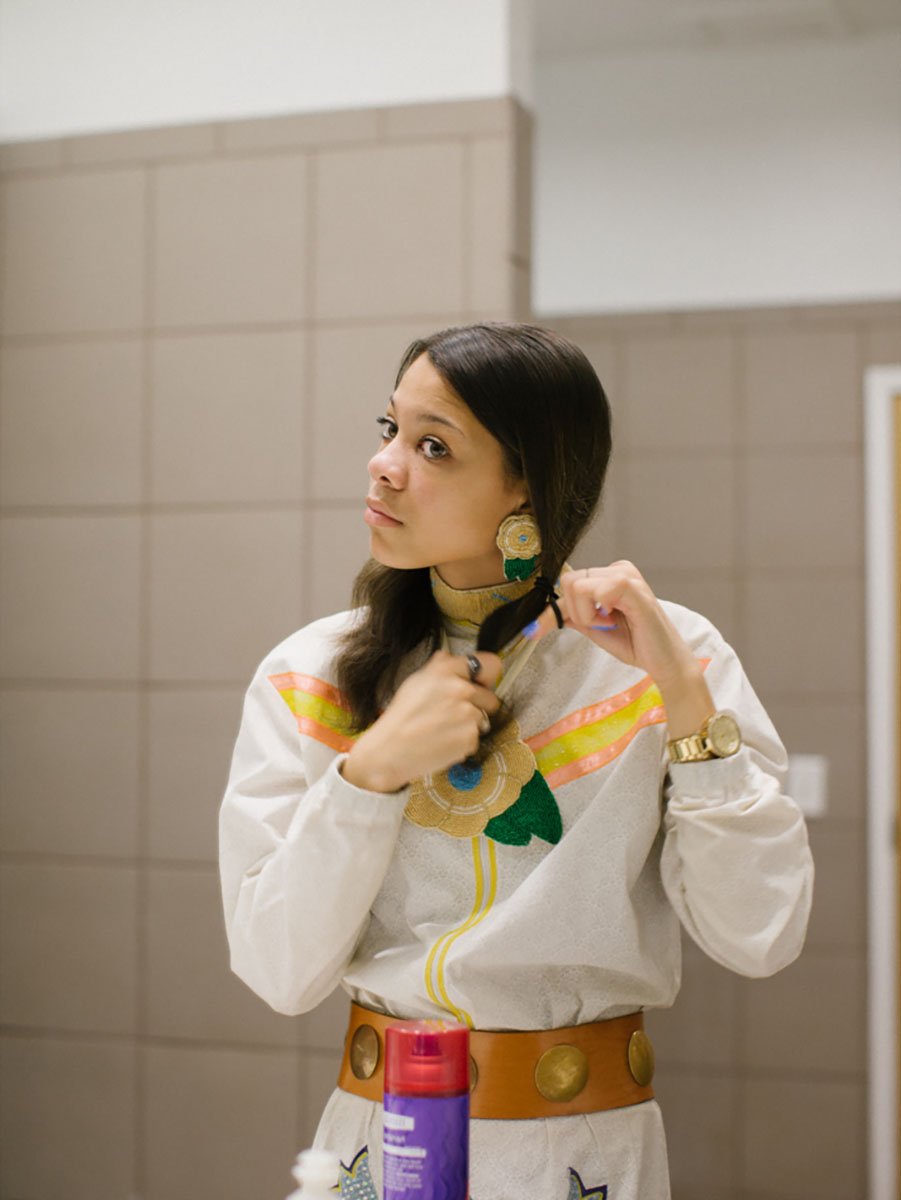
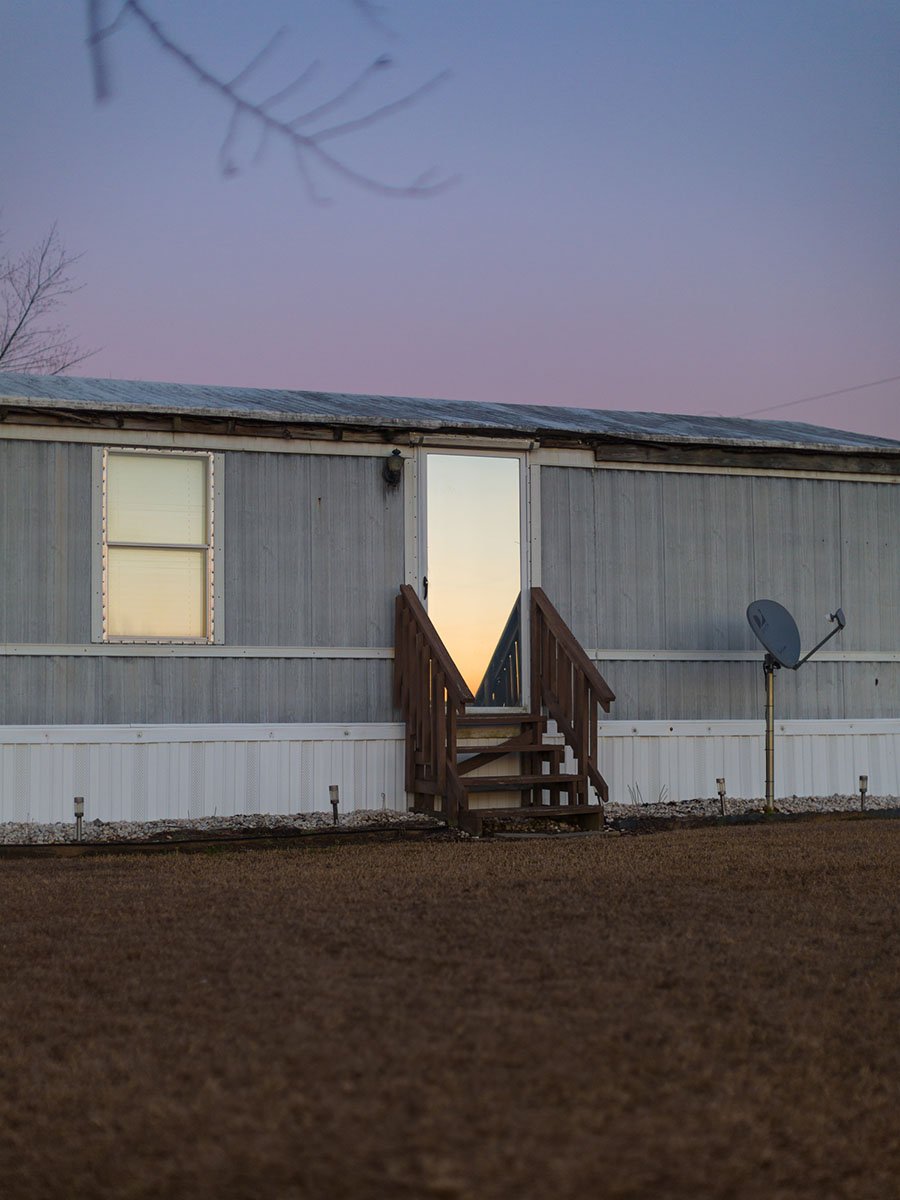
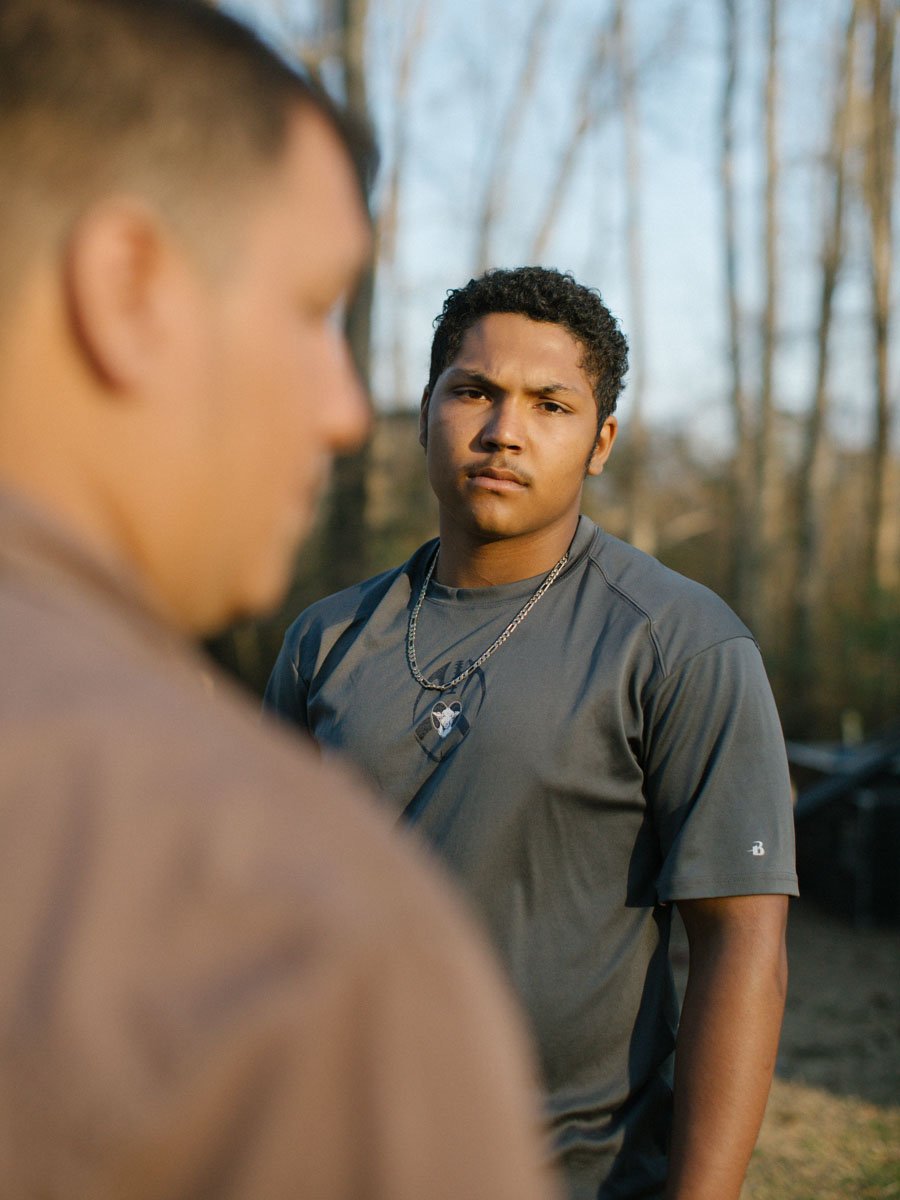
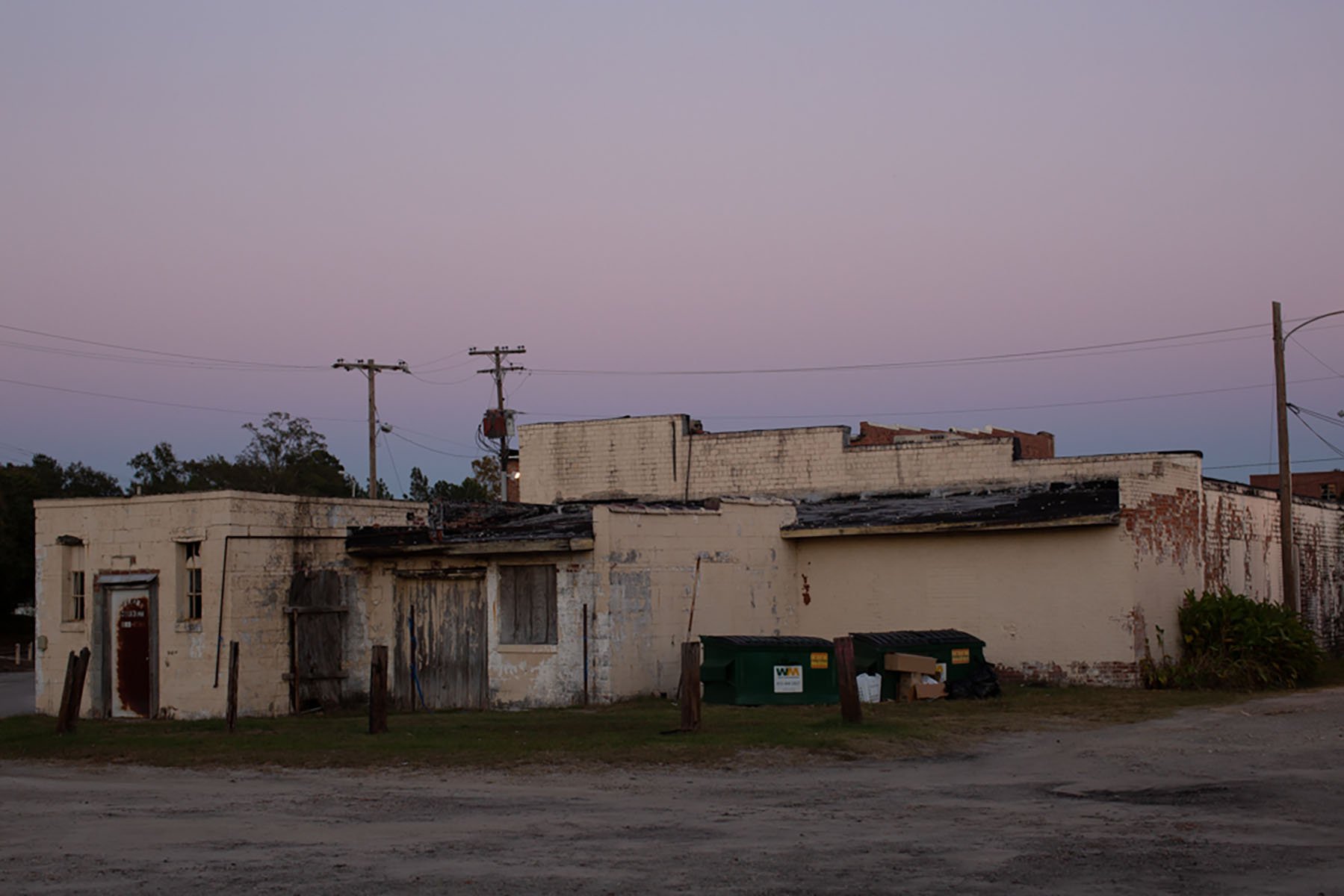
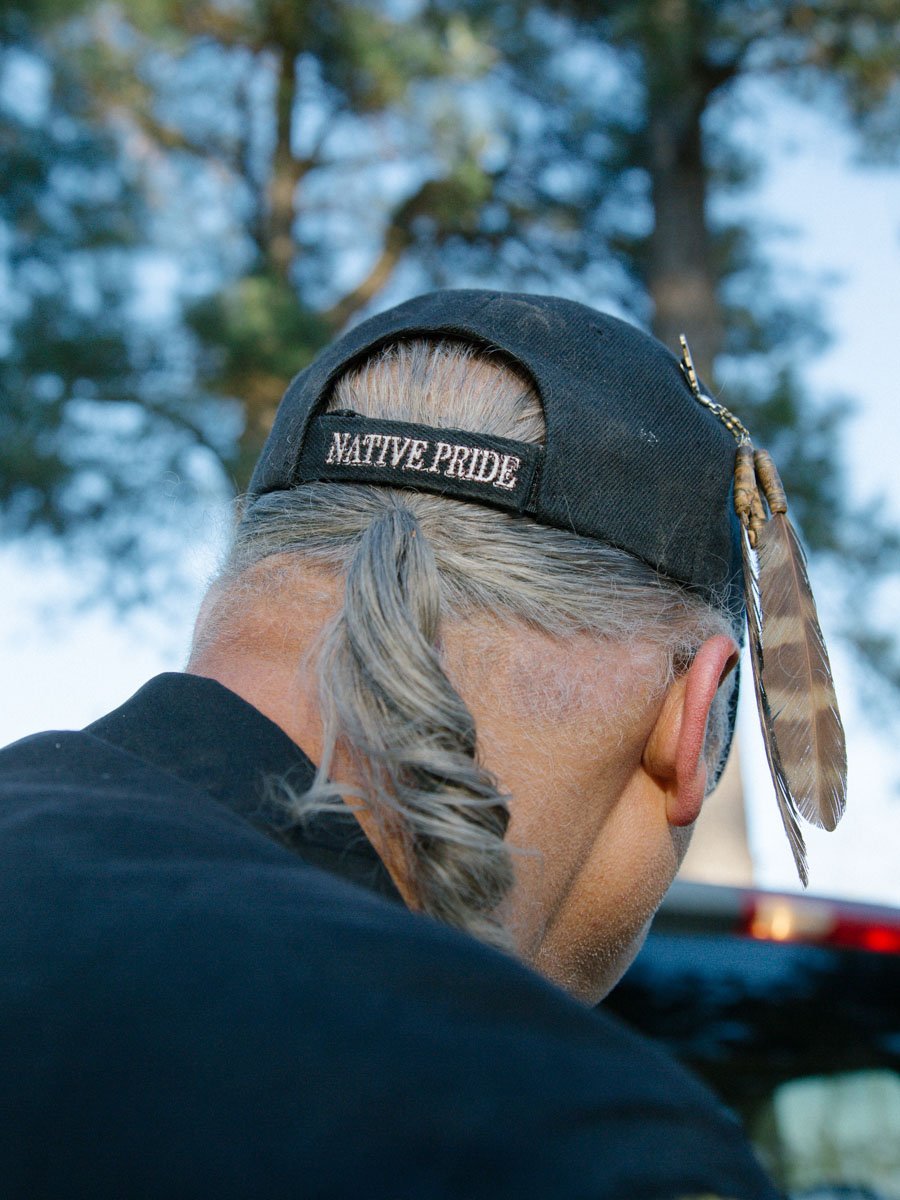
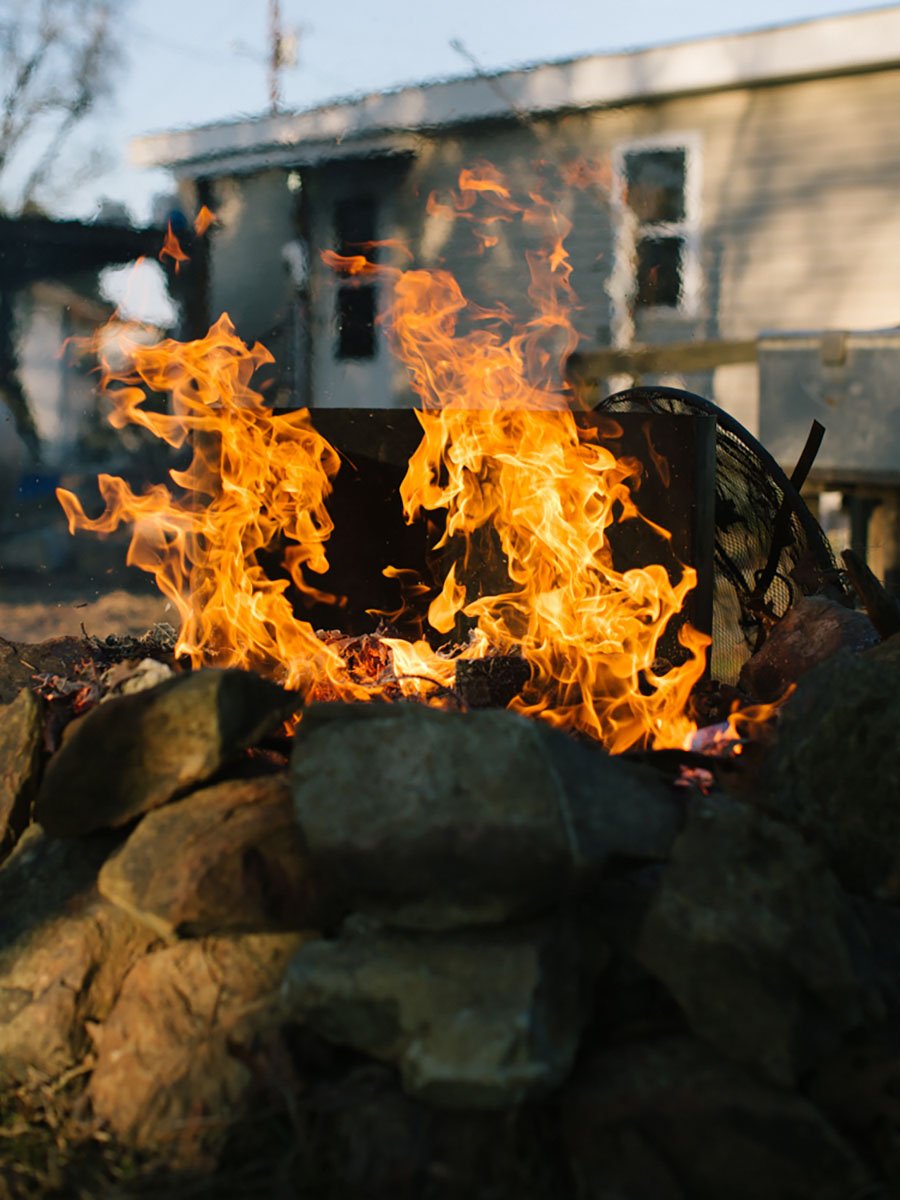
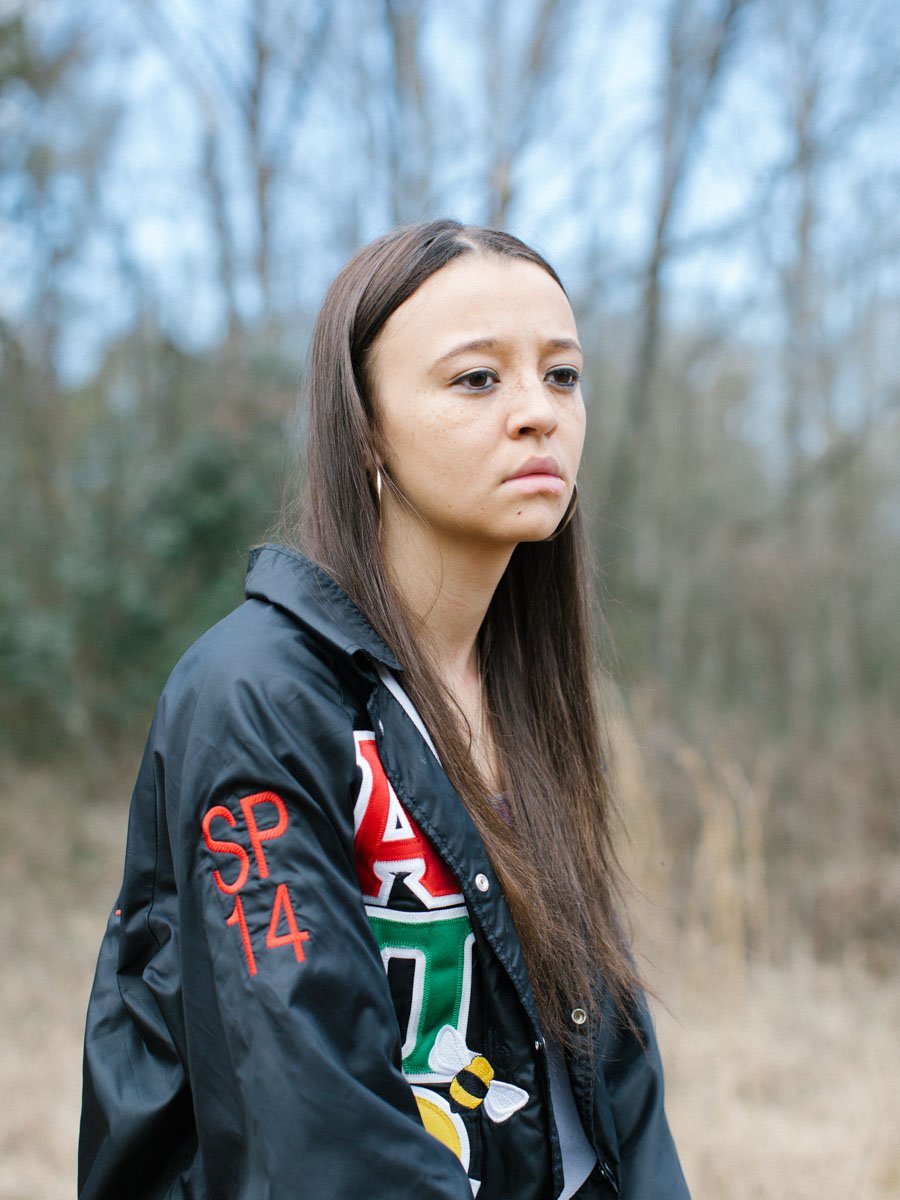

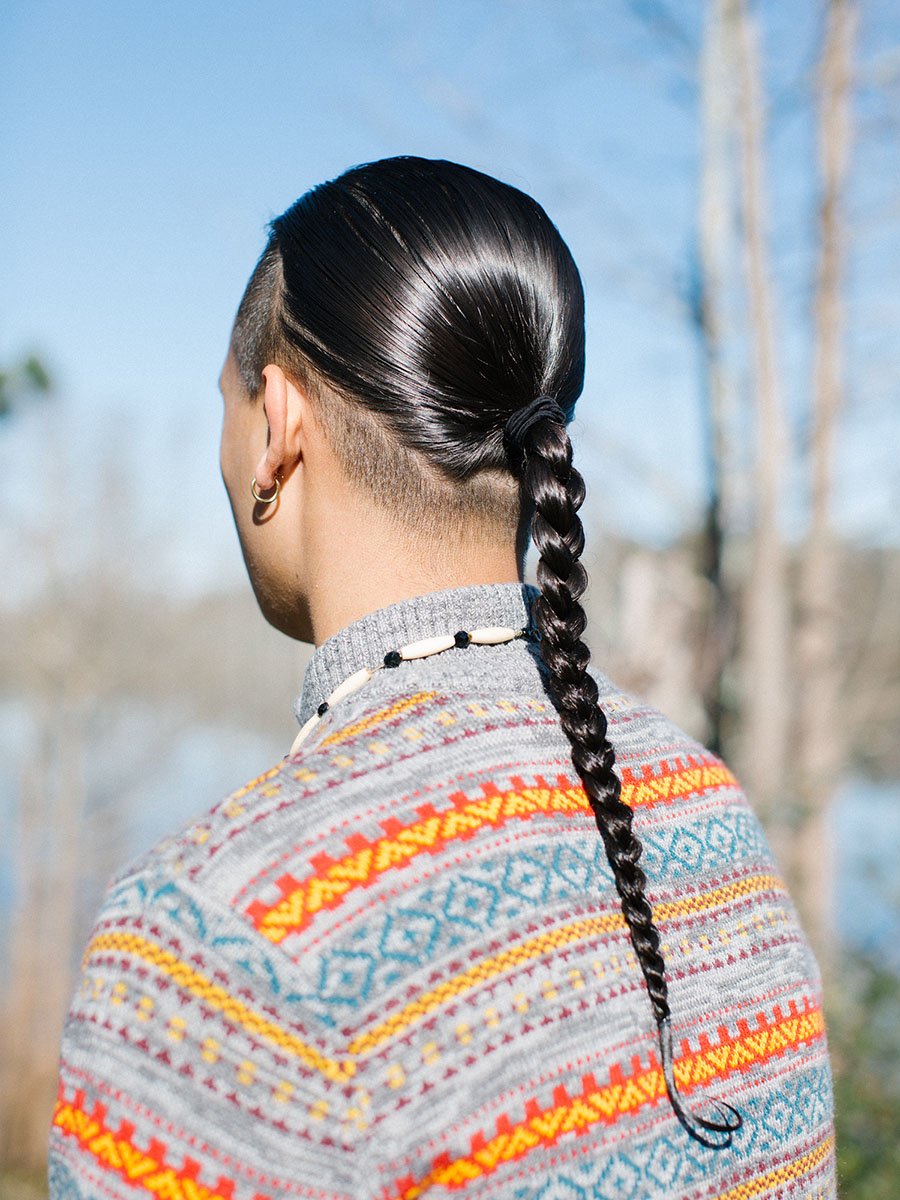
You Don't Look Native to Me
22 x 29 cm
112 pages
500 copies
Hardcover
ISBN 978-618-5479-30-5
Sold out
Maria Sturm
Maria Sturm (born 1985, Romania) studied photography at the University of Applied Sciences Bielefeld, Germany and at the Rhode Island School of Design as a Fulbright and DAAD scholar. Her work has been published in the New York Times, the Guardian, The Atlantic, der Spiegel and Zeit Magazin amongst others.
Kind support
Featured in
More about
-
‘You Don't Look Native to Me’ is out of print.
-
✳︎ Shortlisted – The Book Awards (Prix du Livre d’Auteur) 2024 – Le Rencontres d’Arles
✳︎ First Prize – PhMuseum Women Photographers Grant 2018
✳︎ Winner – Daylight Photo Award 2020
✳︎ 3rd Place – Center Santa Fe Directors Choice Award 2019
✳︎ Selected for the book exhibition at Revela't Festival, Barcelona 2024
✳︎ Selected for the ‘Rebirth’ Exhibition at Liquida Festival, Turin 2024
✳︎ Selected for the ‘Southern Spirit’ Exhibition at Strata Editions, Livingston 2024
-
-
BRAZIL, Instituto Moreira Salles SP
ENGLAND, Picnic
GERMANY, Fotobus Library
GREECE, National Library of Greece
GREECE, Void
ICELAND, Ströndin Library
IRELAND, International Centre for the Image
ITALY, Sugar Paper Library
LATVIA, ISSP
NETHERLANDS, Bibliotheek Riiksmuseum Amsterdam
ROMANIA, Photo Romania Festival at Grain Lab
SWITZERLAND, Universitätsbibliothek Basel
USA, Baltimore Museum of Art
USA, Bethel University Library
USA, Cleveland Museum of Art (Ingalls Library)
USA, George Eastman Museum
USA, Getty Research Institute
USA, Los Angeles Public Library
USA, Maryland Institute College of Art (Decker Library)
USA, Metropolitan Museum of Art
USA, MoMA Library
USA, Morris Museum of Art Library
USA, Museum of Fine Arts, Houston (Hirsch Library)
USA, New York Public Library, The
USA, Princeton University Library
USA, Rhode Island School of Design
USA, RIT Library (Wallace Library)
USA, School of Visual Arts
USA, SFMOMA
USA, University of Kansas Libraries
USA, University of Miami
USA, University of North Carolina at Pembroke (Mary Livermore Library)
USA, University of Wisconsin – Madison
USA, Virginia Tech (Newman Library)
USA, Yale University Library
-
Photograph: Maria Sturm
Text: Maria Sturm
Edit, Design: João Linneu, Myrto Steirou
Printing: Jelgavas tipogrāfija
Binding: Jelgavas tipogrāfija
Language: English
Font: Alfphabet I by OPS, Philibert Italic Rush by OPS
Maria Sturm © for the photographs and text
Void © for this edition


